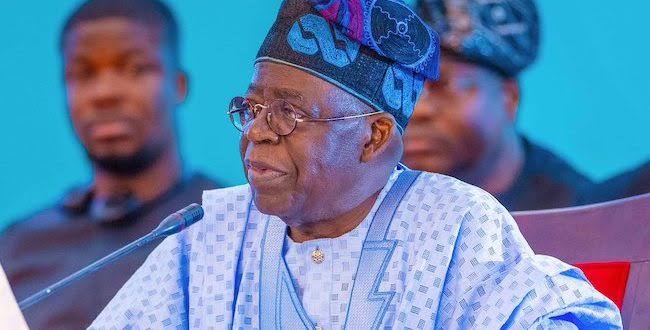The Centre for Economic Reforms in Africa (CERA) has expressed deep concern over the Federal Government’s failure to pay local contractors who completed projects under the 2024 budget.
The Centre, in a statement signed by its Director, Dr Martins Tayo, said this development has had severe implications for the economy, businesses, and Nigerian families.
According to Tayo, the failure to pay contractors has resulted in significant financial difficulties, including loan defaults and worker layoffs.
He lamented that many contractors are struggling to stay afloat due to the government’s inability to meet its financial obligations, creating a ripple effect across various sectors and leading to a decline in economic activity.
“The impacts of this failure on the economy and businesses are far-reaching. The lack of payment to contractors has limited their ability to invest in new projects, expand their operations, and create jobs,” he added.
“This has also affected the livelihoods of thousands of workers employed by these contractors. The government’s failure to pay contractors for completed projects has eroded trust and confidence in the government’s ability to manage public finances.
“Furthermore, the failure to pay contractors has also affected the overall economy. The non-payment of contractors has reduced the amount of money in circulation, leading to a decline in economic activity.
“This has also affected the government’s ability to generate revenue, as many businesses are struggling to survive due to the government’s failure to pay its debts. The impacts on families and Nigerians are devastating.
“Many families are struggling to make ends meet due to the loss of jobs and income resulting from the government’s failure to pay contractors. The lack of payment has also affected the ability of many Nigerians to access basic necessities like food, healthcare, and education.”
Tayo noted that if left unaddressed, this issue may lead to a decline in investor confidence, as local and foreign investors may become wary of partnering with the government due to its poor track record of meeting financial obligations.
Moreover, he said that the government’s failure to pay local contractors may also lead to a rise in social unrest and protests, adding that as more businesses struggle to stay afloat and workers lose their jobs, the social fabric of the country may begin to fray.
CERA, therefore, urged the Federal Government to take immediate action to address this crisis.
The centre recommends prioritising payment to local contractors for completed projects to boost liquidity and rebuild trust as well as a clear and transparent repayment, including a timeline, amount, and payment modalities.











